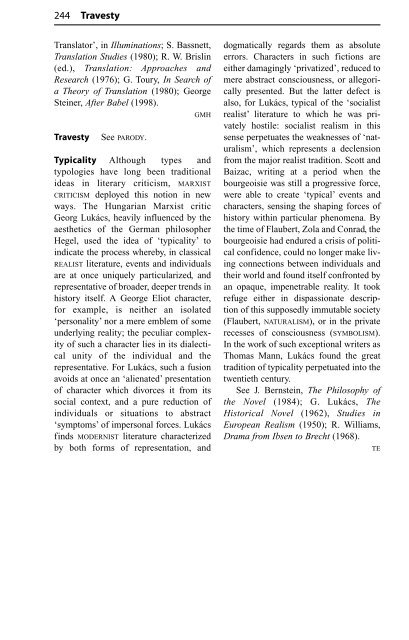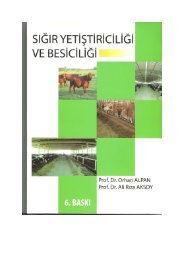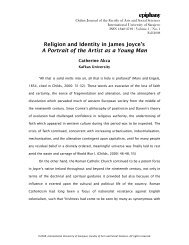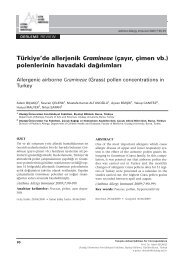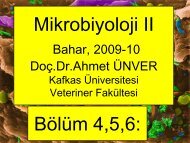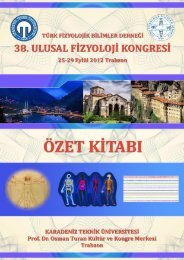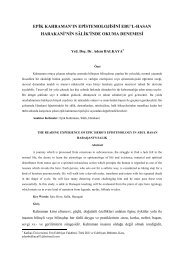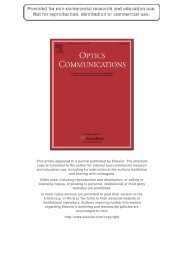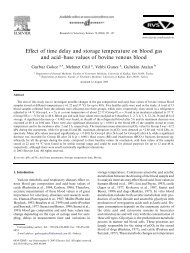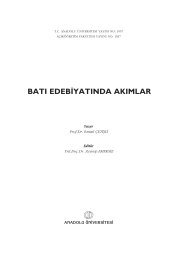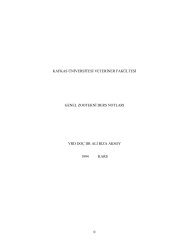The Routledge Dictionary of Literary Terms
The Routledge Dictionary of Literary Terms
The Routledge Dictionary of Literary Terms
Create successful ePaper yourself
Turn your PDF publications into a flip-book with our unique Google optimized e-Paper software.
244 Travesty<br />
Translator’, in Illuminations; S. Bassnett,<br />
Translation Studies (1980); R. W. Brislin<br />
(ed.), Translation: Approaches and<br />
Research (1976); G. Toury, In Search <strong>of</strong><br />
a <strong>The</strong>ory <strong>of</strong> Translation (1980); George<br />
Steiner, After Babel (1998).<br />
Travesty See PARODY.<br />
GMH<br />
Typicality Although types and<br />
typologies have long been traditional<br />
ideas in literary criticism, MARXIST<br />
CRITICISM deployed this notion in new<br />
ways. <strong>The</strong> Hungarian Marxist critic<br />
Georg Lukács, heavily influenced by the<br />
aesthetics <strong>of</strong> the German philosopher<br />
Hegel, used the idea <strong>of</strong> ‘typicality’ to<br />
indicate the process whereby, in classical<br />
REALIST literature, events and individuals<br />
are at once uniquely particularized, and<br />
representative <strong>of</strong> broader, deeper trends in<br />
history itself. A George Eliot character,<br />
for example, is neither an isolated<br />
‘personality’ nor a mere emblem <strong>of</strong> some<br />
underlying reality; the peculiar complexity<br />
<strong>of</strong> such a character lies in its dialectical<br />
unity <strong>of</strong> the individual and the<br />
representative. For Lukács, such a fusion<br />
avoids at once an ‘alienated’ presentation<br />
<strong>of</strong> character which divorces it from its<br />
social context, and a pure reduction <strong>of</strong><br />
individuals or situations to abstract<br />
‘symptoms’ <strong>of</strong> impersonal forces. Lukács<br />
finds MODERNIST literature characterized<br />
by both forms <strong>of</strong> representation, and<br />
dogmatically regards them as absolute<br />
errors. Characters in such fictions are<br />
either damagingly ‘privatized’, reduced to<br />
mere abstract consciousness, or allegorically<br />
presented. But the latter defect is<br />
also, for Lukács, typical <strong>of</strong> the ‘socialist<br />
realist’ literature to which he was privately<br />
hostile: socialist realism in this<br />
sense perpetuates the weaknesses <strong>of</strong> ‘naturalism’,<br />
which represents a declension<br />
from the major realist tradition. Scott and<br />
Baizac, writing at a period when the<br />
bourgeoisie was still a progressive force,<br />
were able to create ‘typical’ events and<br />
characters, sensing the shaping forces <strong>of</strong><br />
history within particular phenomena. By<br />
the time <strong>of</strong> Flaubert, Zola and Conrad, the<br />
bourgeoisie had endured a crisis <strong>of</strong> political<br />
confidence, could no longer make living<br />
connections between individuals and<br />
their world and found itself confronted by<br />
an opaque, impenetrable reality. It took<br />
refuge either in dispassionate description<br />
<strong>of</strong> this supposedly immutable society<br />
(Flaubert, NATURALISM), or in the private<br />
recesses <strong>of</strong> consciousness (SYMBOLISM).<br />
In the work <strong>of</strong> such exceptional writers as<br />
Thomas Mann, Lukács found the great<br />
tradition <strong>of</strong> typicality perpetuated into the<br />
twentieth century.<br />
See J. Bernstein, <strong>The</strong> Philosophy <strong>of</strong><br />
the Novel (1984); G. Lukács, <strong>The</strong><br />
Historical Novel (1962), Studies in<br />
European Realism (1950); R. Williams,<br />
Drama from Ibsen to Brecht (1968).<br />
TE


